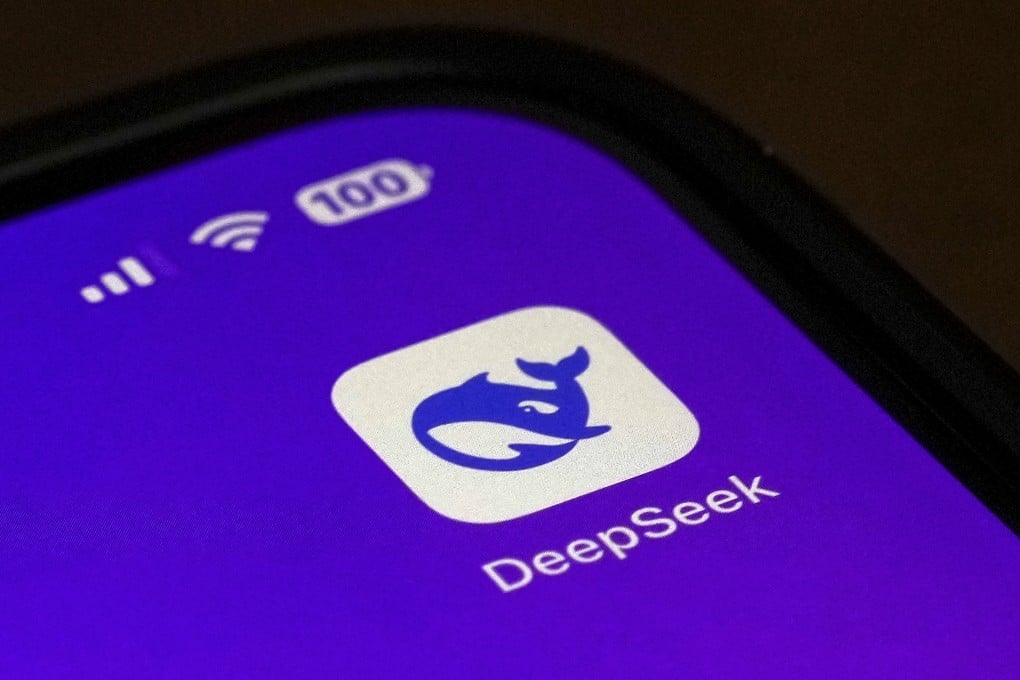My Take | The paradox that is free and open technology from ‘autocratic’ China
DeepSeek’s open-sourced AI, OpenAI’s ‘closed’ AI and American-Israeli genocidal AI have upset the debate on authoritarian and democratic tech

Dario Amodei, CEO of Anthropic, the main rival of OpenAI, wrote on his personal website: “[China is] an authoritarian government that has committed human rights violations, has behaved aggressively on the world stage, and will be far more unfettered in these actions if they’re able to match the US in AI. Export controls are one of our most powerful tools for preventing this …”
Sam Altman, the OpenAI CEO, wrote in The Washington Post: “We face a strategic choice about what kind of world we are going to live in: Will it be one in which the United States and allied nations advance a global AI that spreads the technology’s benefits and opens access to it, or an authoritarian one, in which nations or movements that don’t share our values use AI to cement and expand their power?”
But of course they would say that. DeepSeek’s two main AI platforms could potentially undermine their whole business model. They charge a fraction of the costs of using more advanced versions of Anthropic’s Claude AI and OpenAI’s ChatGPT. The US firms’ software are closed, meaning no one except their engineers can view, modify or build on them.
DeepSeek’s is open-sourced; outside researchers and programmers can modify and build on its software. That’s why, as reported in Nature, the science journal, “scientists are flocking to DeepSeek-R1, a cheap and powerful AI ‘reasoning’ model” – from using it to assist with mathematical proofs to visualising data and building more effective cognitive-neuroscientific models.
Silicon Valley’s techno-lords used to argue for the universal benefits of being open and transparent. Now their richest and most powerful have jumped on Washington’s bandwagon about hi-tech being a priority of national security against “autocratic” China. They have become an integral part of America’s defence-intelligence industrial complex.

